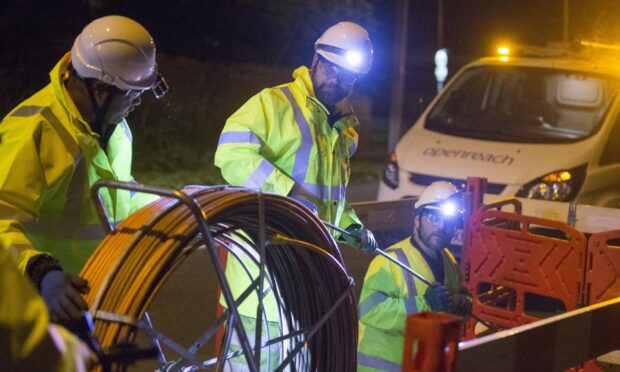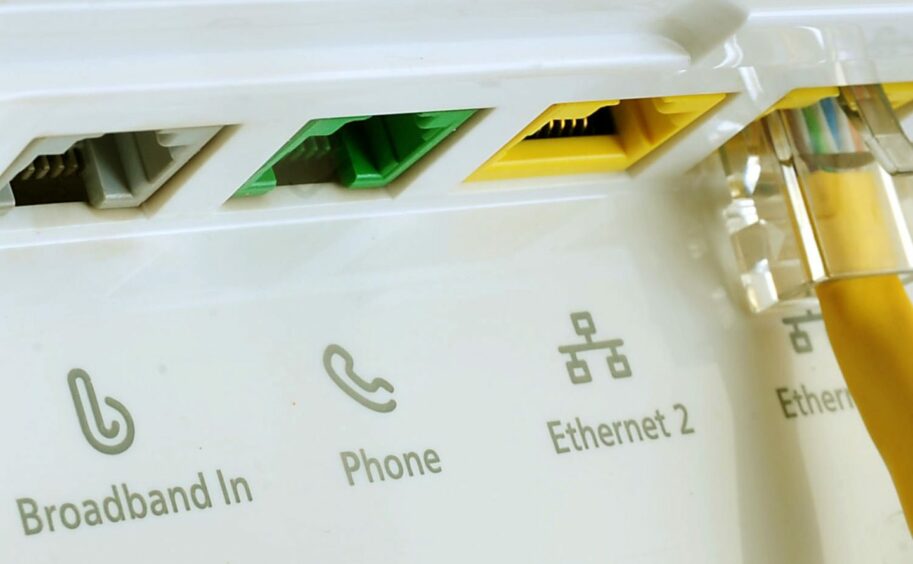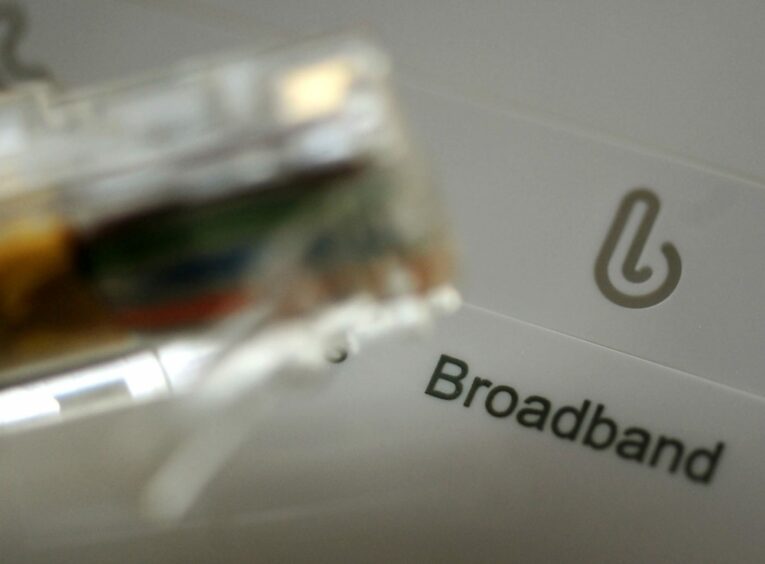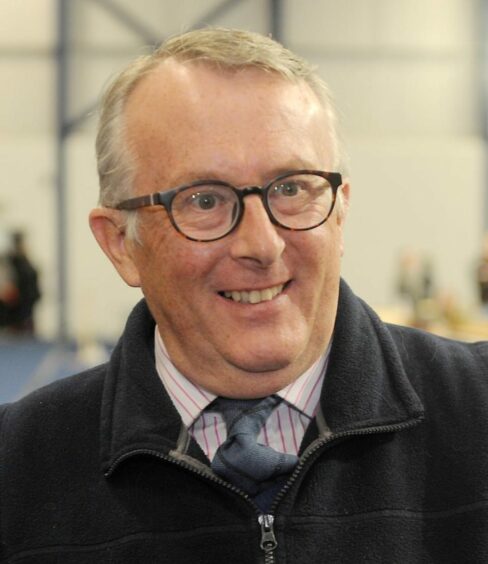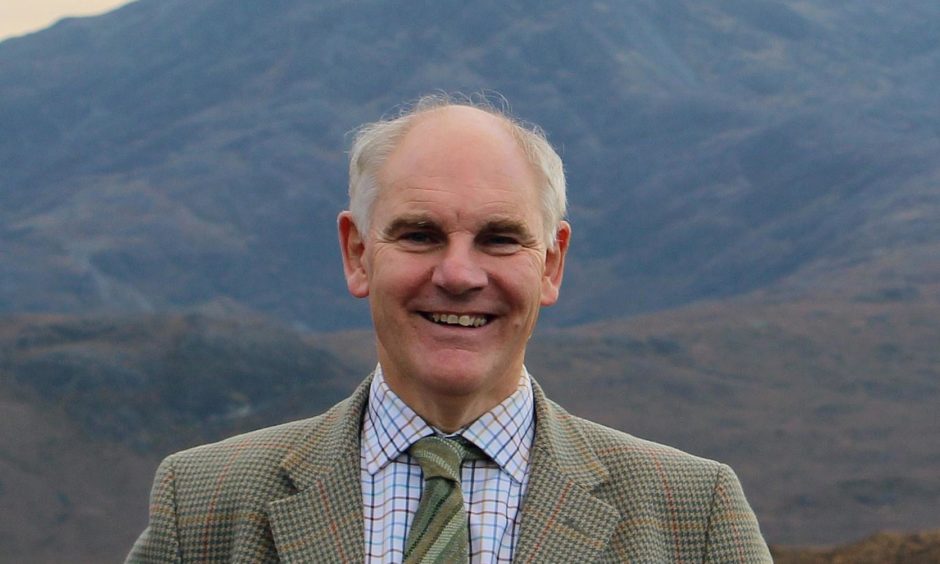The north continues to have to put up with “stone age” broadband, MP Jamie Stone said after Audit Scotland reported on delays to “superfast” connectivity.
Mr Stone, Liberal Democrat MP for Caithness, Sutherland and Easter Ross, was responding to the public service auditor’s latest update on the progress of the Scottish Government’s Reaching 100% (R100) superfast broadband programme.
R100 was launched in May 2016, with the aim of making sure every home and business in Scotland could access superfast broadband by the end of 2021.
But delays in finalising the R100 “intervention area”, where public funds are targeted, and a legal challenge to one of the contracts mean work in some areas will not be completed until 2027.
Audit Scotland said around 107,000 premises still remain to be connected, with a large part due to a delayed contract covering the north of Scotland worth £408 million.
Scotland’s independent auditor said: “Many of these are in the hardest to reach locations, with the majority in the north.
“Connecting these remaining premises, will be challenging and expensive.”
The initial target was to be delivered through commercial coverage, three R100 contracts across the south, central and north of the country, and the Scottish Broadband Voucher Scheme (SBVS).
Audit Scotland said average speeds throughout the country had “increased significantly” since 2018 through commercial and public sector investment.
It found that 145 premises via the north contract have been connected, representing about 0.2% of the target.
The Central and South Scotland contracts had only connected 2,171 (7%) and 2,991 (14%) by the end of 2021, reaching 32,216 and 20,740 premises respectively.
Mr Stone said: “My constituents are fed up with being lumbered with stone age broadband connections.
“A reliable internet connection is an essential part of modern life. It has a major part to play in everything from education to starting a business.
“Both of our governments need to stop treating the far north as an afterthought.”
The Scottish Government has previously highlighted that SBVS, which aims to reach more of the country with high-speed connectivity, is demand-led.
Take up does, therefore, depend on property owners choosing to go down that route.
David Richardson, development manager for the Highlands and Islands at the Federation of Small Businesses, said: “Good broadband is vitally important for both local businesses and workers across the country.
“Everyone from customers to the bank, council and taxman expects businesses to be online, no matter what their location.
“But for too long, the Highlands and Islands has lagged behind much of the rest of Scotland and the UK.
“And this matters, for relatively poor broadband speeds provide one more reason for young people not to stay on in remoter rural communities, and one more reason why people should not move in to set up new businesses.”
Mr Richardson added: “Official figures show connectivity in rural Scotland is improving.
“But this report from Audit Scotland underlines there’s much work to do to deliver speeds fit for the 21st Century to every home and business.
“Communities and businesses expect government at every level to work with the telecoms industry to close the gap between the north of Scotland and elsewhere.”
